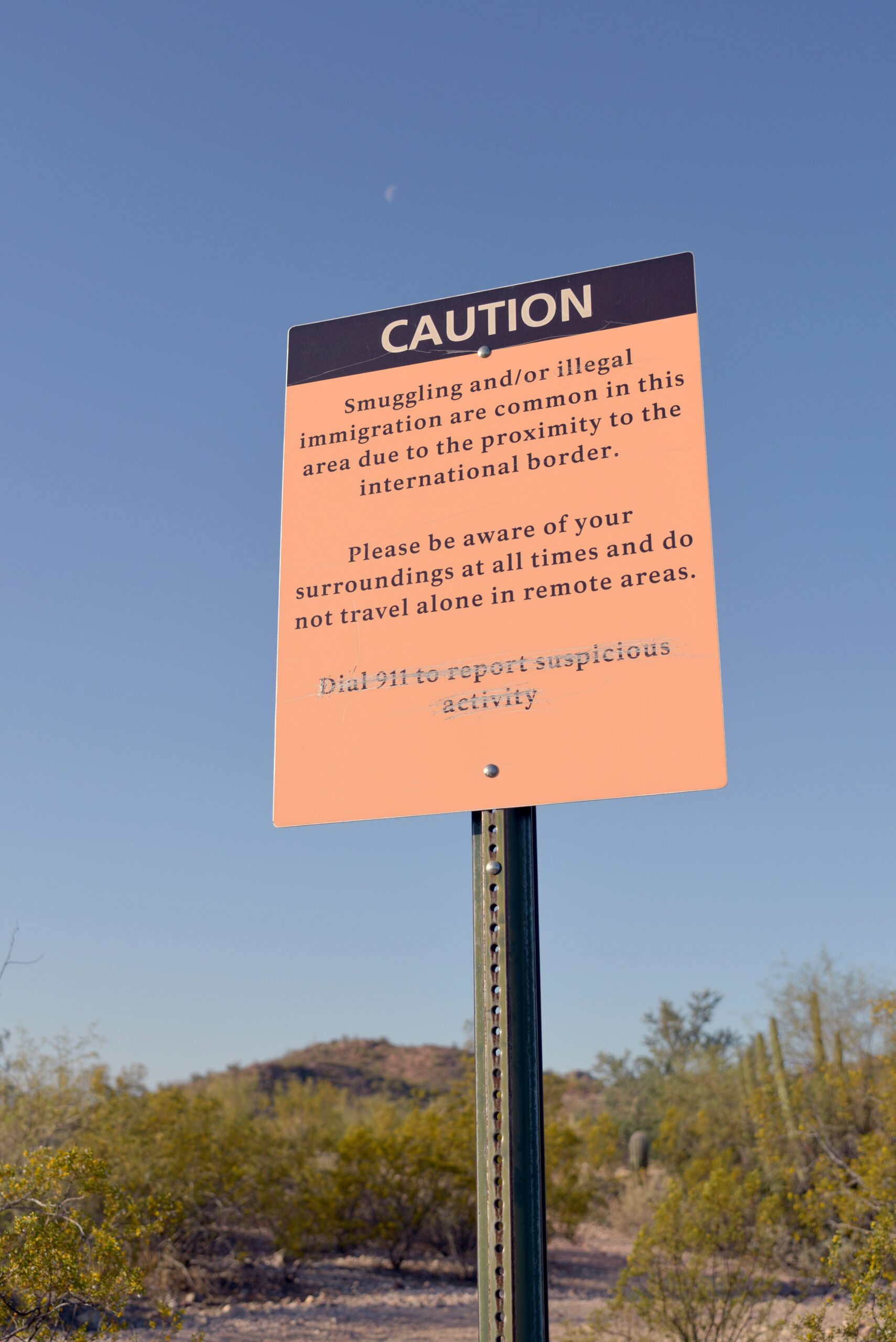The Future of Immigration to Canada: Trends and Predictions for 2025-2027
Current Immigration Landscape in Canada
As of 2023, the immigration landscape in Canada reflects a robust and adaptive framework designed to address the nation’s demographic shifts and economic demands. Canada is known for its diverse immigration policies, which cater to various categories of immigrants, including skilled workers, family reunifications, and refugees. In the past few years, the Canadian government has placed a significant emphasis on attracting skilled labor through its Express Entry system, which provides a streamlined pathway for skilled workers to receive permanent residency. This system assesses candidates based on factors such as age, education, work experience, and language proficiency, making it an essential tool in Canada’s immigration strategy.
Statistics reveal that Canada has welcomed over 400,000 immigrants annually in recent years, showcasing its commitment to fostering population growth and economic development. According to recent reports, immigrants make up approximately 21.9% of the total Canadian population, significantly contributing to the labor force and supporting various sectors, especially in regions facing workforce shortages.
In addition to the Express Entry program, Provincial Nominee Programs (PNPs) play a crucial role in addressing local labor needs. Each province in Canada has the authority to nominate individuals who possess the skills and experience required in their specific regions. This decentralized approach allows provincial governments to target their immigration strategies according to their economic landscapes and demographic necessities.
The dynamic nature of these programs illustrates Canada’s commitment to refining its immigration policies to better serve changing economic conditions and demographic profiles. As the country continues to evolve, the immigration framework will likely adapt further, supporting Canada’s goals of sustainable growth and societal diversity while addressing challenges posed by an aging population and varying labor market demands.
Anticipated Changes in Immigration Policies
As Canada approaches the years 2025 to 2027, significant changes in immigration policies are anticipated, driven largely by economic needs, political dynamics, and societal responses to demographic trends. One primary area of reform will likely center on addressing the ongoing labor shortages observed in various sectors. With an aging population and declining birth rates, there is an increasing recognition of the need for a diverse, robust workforce that immigration can provide. Future policy adjustments may facilitate faster pathways to permanent residency for skilled workers, enabling Canada to fill critical labor gaps more effectively.
In addition, the pathways to permanent residency may see enhancements aimed at creating a streamlined process. These enhancements could include revisions to the Express Entry system and Regional Immigration Programs, intended to attract knowledgeable professionals and support regional development. The implementation of such reforms can promote a bilateral benefit where newcomers contribute to the workforce while individuals seeking a better life in Canada find urgency and opportunity.
Family reunification is another crucial aspect that may undergo revisions. The current policies have been under scrutiny to facilitate quicker reunification for families of immigrants. It is expected that the government will introduce measures that ease the process, reflecting a societal commitment to family bonds and community resilience. The voice of public opinion will play a pivotal role in shaping these policies, as Canadians express their support for approaches that prioritize humanitarian considerations alongside economic ones.
Political factors will also significantly influence immigration policy transformations. The perspectives and priorities of governing parties can shift, steering immigration policies either towards more openness or greater restrictions. Insights from experts in immigration law will likely provide clarity on these movements, signaling the direction in which Canadian immigration policies may evolve in the coming years.
Impact of Global Events on Canadian Immigration
The landscape of immigration to Canada is significantly influenced by global events such as economic fluctuations, climate change, and geopolitical unrest. These factors can lead to shifts in migration patterns and subsequently, changes in immigration policies. As we project into the period between 2025 and 2027, it is essential to consider how these global phenomena may affect Canada’s role as a destination for immigrants.
Economic conditions worldwide often serve as a driving force behind migration. For instance, regions experiencing economic downturns or instability may see their citizens seeking opportunities elsewhere. Canada, known for its robust economy and diverse job market, may witness an increase in skilled migrants seeking better prospects. The government’s policies may adapt to facilitate the entry of these individuals, ensuring that Canada continues to attract talent essential for its growth.
In addition to economic factors, climate change stands as a critical concern influencing immigration trends. As certain areas of the world become increasingly uninhabitable due to rising sea levels, extreme weather events, or resource scarcity, Canada may receive an influx of climate refugees. These individuals may flee their homelands in search of safety and stability. Canada has historically positioned itself as a leader in humanitarian efforts, and it will likely continue to respond with compassion and determination by creating pathways for those displaced due to environmental crises.
Furthermore, geopolitical challenges, such as conflicts or severe political oppression, can lead to increased numbers of asylum seekers. Countries facing turmoil often see their citizens attempt to escape to more stable nations. Canada has a well-established framework for accepting refugees and is expected to uphold its reputation as an inclusive nation during crises. This commitment not only highlights Canada’s humanitarian values but also enriches the cultural fabric of Canadian society.
As global events unfold, Canada’s immigration policies will need to remain adaptable, allowing the country to respond effectively while ensuring it supports the newcomers contributing to its economy and society. By maintaining a balanced approach towards immigration, Canada can continue to thrive as a destination for those seeking new beginnings.
Future Opportunities and Challenges for Immigrants
As Canada continues to evolve as a destination for immigrants, future opportunities and challenges will significantly influence their experience. The integration into the labor market is likely to present both prospects and hurdles. On one hand, Canada’s increasing demand for skilled labor creates a fertile ground for newcomers, especially in sectors such as technology, healthcare, and engineering. On the other hand, immigrants often face difficulties in having their qualifications recognized and may encounter language barriers that hinder their employability. As a result, adequate preparation and training will be vital for immigrants seeking to navigate these challenges effectively.
Cultural adaptation also plays a crucial role in the immigrant experience. While Canada is known for its multicultural society, adapting to a new environment can be daunting. Prospective immigrants will benefit from local cultural orientation programs that can aid in understanding Canadian customs and social norms. Such initiatives can foster a sense of belonging and ease the transition process. However, persistent societal biases and discrimination may prevent some newcomers from fully integrating, making it essential to address these systemic issues to ensure inclusivity.
The economic contributions of immigrants cannot be overlooked, as they significantly bolster Canada’s workforce. Newcomers often bring diverse skills and perspectives that enhance innovation and drive growth across various sectors. Their entrepreneurial spirit contributes to job creation and community development, further solidifying their role within the Canadian economy. To support the successful integration of immigrants, robust support systems, including mentorship programs and community resources, will be vital in providing guidance and fostering connections.
Technology will play an increasingly important role in easing the transition for newcomers. Digital platforms for job searching, language learning, and community engagement are essential tools that can enhance the experience of immigrants. In summary, while opportunities abound, challenges such as labor market integration and cultural adaptation must be navigated with the support of comprehensive programs and resources to ensure a smoother transition for future immigrants in Canada.




